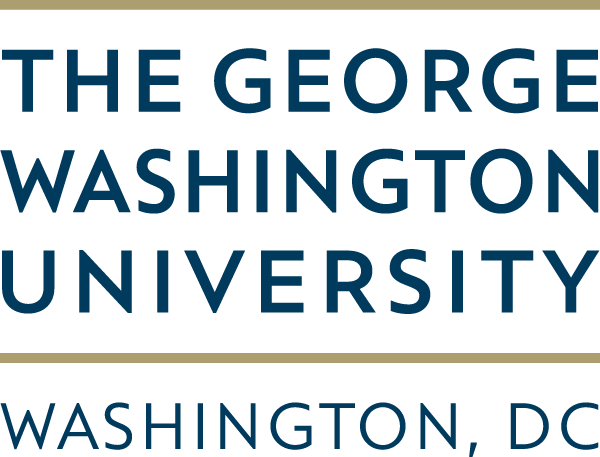The iRODS Consortium
The iRODS Consortium brings together businesses, research organizations, universities, and government agencies to ensure the sustainability of iRODS by:
• Guiding further development of the software;
• Growing the user and developer communities; and
• Facilitating iRODS support, education, and collaboration opportunities.
The Consortium maintains and supports a commercial-grade distribution of iRODS
The iRODS Consortium fields a team of software developers, application engineers, and support staff housed at RENCI at the University of North Carolina at Chapel Hill. Each year, the Consortium hosts the iRODS User Group Meeting, a symposium that draws 100+ participants to Chapel Hill to share iRODS technologies and case studies.
The iRODS Consortium can also assist commercial members in bringing iRODS-related products and services to market by:
• Providing directed software development and support,
• Including vendor equipment and software in the iRODS continuous integration and test environment, and
• Co-marketing vendor technology that is "Powered by iRODS."
Additionally, Consortium staff are available to educate and co-present with member sales teams on iRODS and data management topics.
See the iRODS Consortium Benefits Table and contact us directly at info@irods.org for more information about Consortium membership.
• Guiding further development of the software;
• Growing the user and developer communities; and
• Facilitating iRODS support, education, and collaboration opportunities.
The Consortium maintains and supports a commercial-grade distribution of iRODS
The iRODS Consortium fields a team of software developers, application engineers, and support staff housed at RENCI at the University of North Carolina at Chapel Hill. Each year, the Consortium hosts the iRODS User Group Meeting, a symposium that draws 100+ participants to Chapel Hill to share iRODS technologies and case studies.
iRODS Support
The iRODS Consortium provides support through Consortium membership and on contract. Commercial support is available through the iRODS Partner Program. See the iRODS Support page for additional information.iRODS Consortium Membership
iRODS Consortium members direct the technology and governance of iRODS through monthly Technology Working Group and Planning Committee meetings. In addition, Consortium members receive priority access to support, training, and consulting.The iRODS Consortium can also assist commercial members in bringing iRODS-related products and services to market by:
• Providing directed software development and support,
• Including vendor equipment and software in the iRODS continuous integration and test environment, and
• Co-marketing vendor technology that is "Powered by iRODS."
Additionally, Consortium staff are available to educate and co-present with member sales teams on iRODS and data management topics.
See the iRODS Consortium Benefits Table and contact us directly at info@irods.org for more information about Consortium membership.
Consortium Members
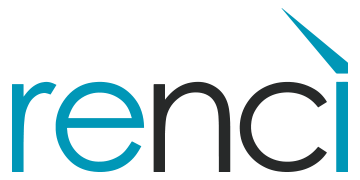
RENCI
RENCI (Renaissance Computing Institute) develops and deploys advanced technologies to enable research discoveries and practical innovations. RENCI partners with researchers, policy makers, and technology leaders to engage and solve the challenging problems that affect North Carolina, our nation and the world. An institute of the University of North Carolina at Chapel Hill, RENCI was launched in 2004 as a collaborative effort involving the UNC Chapel Hill, Duke University and North Carolina State University.
Visit RENCI's website at renci.org
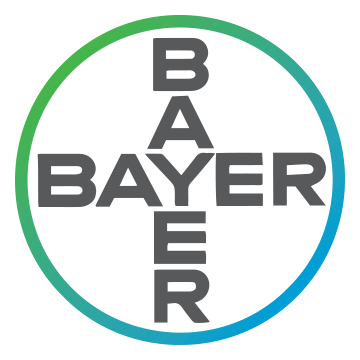
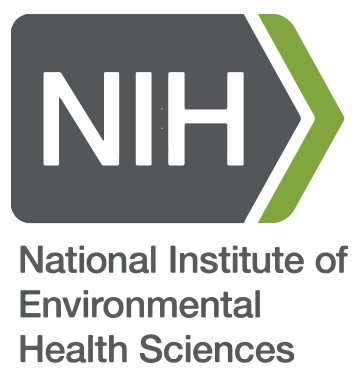
NIEHS
The National Institute of Environmental Health Sciences (NIEHS), located in Research Triangle Park, North Carolina, is one of 27 research institutes and centers that make up the National Institutes of Health (NIH), part of the U.S. Department of Health and Human Services. The mission of the NIEHS is to discover how the environment affects people in order to promote healthier lives.
For more information on environmental health topics, visit www.niehs.nih.gov
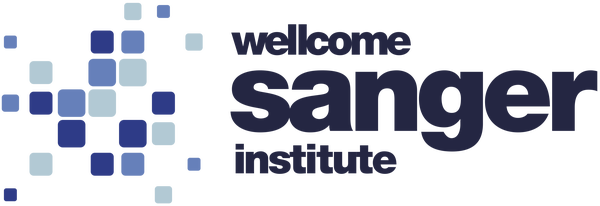
Wellcome Sanger Institute
The Wellcome Sanger Institute is one of the world's leading genome centres. Through its ability to conduct research at scale, it is able to engage in bold and long-term exploratory projects that are designed to influence and empower medical science globally. Institute research findings, generated through its own research programmes and through its leading role in international consortia, are being used to develop new diagnostics and treatments for human disease.
Visit Sanger's website at www.sanger.ac.uk
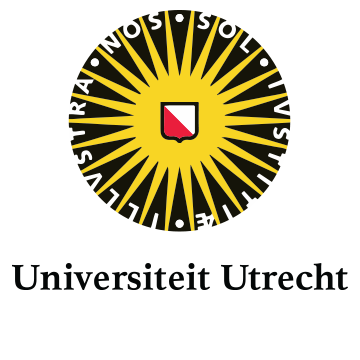
Utrecht University
Utrecht University is an international research university and the alma mater of many leading academics and scientists. With almost 30,000 students, more than 6,000 staff, and a 2016 annual budget of €790 million, it is one of the largest and highest ranked European universities.
Visit Utrecht University's website at www.uu.nl/en

University of Groningen
The University of Groningen (UG) is a research university with a global outlook, deeply rooted in Groningen, City of Talent. The University is in the top 100 of several important ranking lists. It is very popular with its 30,000 students and staff (5,500 FTE) from home and abroad. They are challenged to excel, burgeoning talent is cultivated and the keyword is quality. The University is committed to actively cooperating with its partners in society, with a special focus on its research themes Healthy Ageing, Energy and Sustainable Society.
Visit the University of Groningen's website at www.rug.nl

SURF
The SURF cooperative serves as a joint platform where Dutch research universities, universities of applied sciences, university medical centers, research institutions and senior secondary vocational education institutions work together to develop ICT innovations. This collaboration extends to various levels: administrative, policy, and operational. The SURF cooperative consists of the cooperative office (SURF office) and three operating companies: SURFmarket, SURFnet and SURFsara.
Find more at www.surf.nl/en
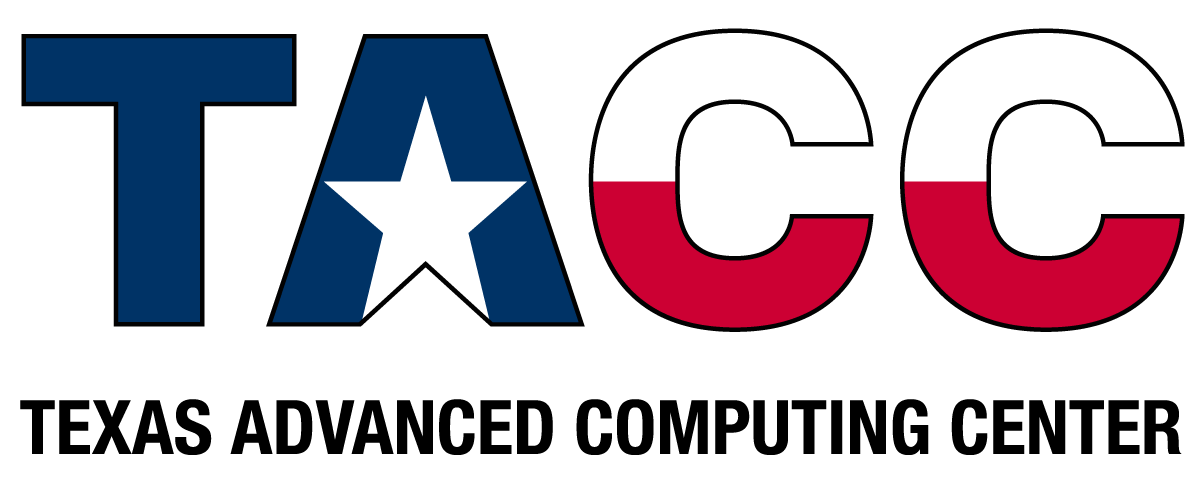
Texas Advanced Computing Center (TACC)
The Texas Advanced Computing Center designs and deploys the world's most powerful advanced computing technologies and innovative software solutions to enable researchers to answer complex questions. Every day, researchers rely on our computing experts and resources to help them gain insights and make discoveries that change the world. TACC's environment includes a comprehensive cyberinfrastructure ecosystem of leading-edge resources in high performance computing (HPC), visualization, data analysis, storage, archive, cloud, data-driven computing, connectivity, tools, APIs, algorithms, consulting, and software. In addition, our skilled experts work with thousands of researchers on more than 3,000 projects each year.
For more information, visit www.tacc.utexas.edu

Maastricht University
Maastricht University (UM) is rooted in the southern Netherlands city of Maastricht and is anchored in the Eu(region). UM is the most international university in the Netherlands. With 16,300 students and 4,300 employees, it is considered one of the best young universities in the world.
DataHub provides data management services for (non-)clinical studies in both the Faculty of Health Medicine and Life Sciences of Maastricht University and Maastricht UMC+. Their role is that of a data broker who enables the reuse of data by researchers in the university, the hospital and beyond.
For more information, visit maastrichtuniversity.nl
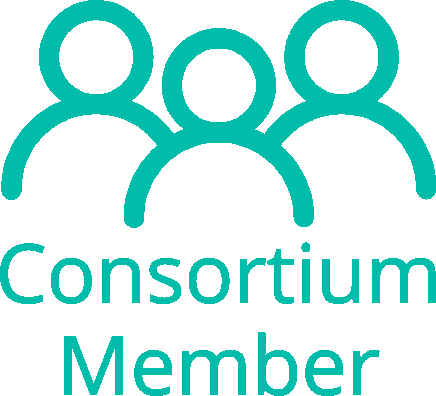
Anonymous
This member has declined to publicly advertise their membership.
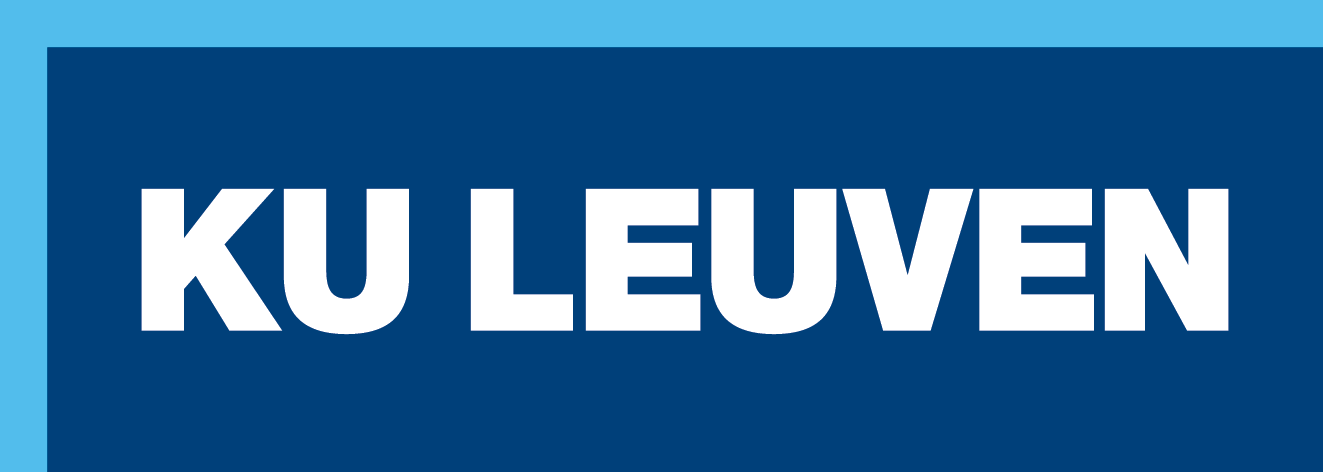
KU Leuven
KU Leuven is Europe's most innovative university (Reuters) and ranks 48th in the world (Times Higher Education). Located in Belgium, it is dedicated to research, education, and service to society. KU Leuven is a founding member of the League of European Research Universities (LERU) and has a strong European and international orientation. Our scientists conduct basic and applied research in a comprehensive range of disciplines. University Hospitals Leuven, our network of research hospitals, provides high-quality healthcare and develops new therapeutic and diagnostic insights with an emphasis on translational research. The university welcomes more than 50,000 students from over 140 countries. The KU Leuven Doctoral Schools train approximately 4,500 PhD students.
Learn more at www.kuleuven.be/english

CUBI at Berlin Institute of Health
The Core Unit Bioinformatics (CUBI) at Berlin Institute of Health provides bioinformatics and data analysis expertise for translational research at Berlin Institute of Health. CUBI uses iRODS in its F.A.I.R. data management system SODAR (System for Omics Data Access and Retrieval).
Learn more at www.cubi.bihealth.org.

Bibliothèque et Archives nationales du Québec (BAnQ)
Bibliothèque et Archives nationales du Québec (BAnQ) provides every Quebecer with free, lifelong access to stimulating environments where they can learn and grow.
It collects and shares Québec's history and culture and expands people's horizons by showcasing knowledge from around the world. This includes millions of treasures—books, magazines and newspapers, films, music, images, archives—that are universally accessible now and preserved for future generations.
BAnQ provides services to users both online and at its 12 facilities located throughout Québec: the Grande Bibliothèque, the National Library (in Rosemont), and the 10 National Archives centres.
Visit BAnQ's website at banq.qc.ca.
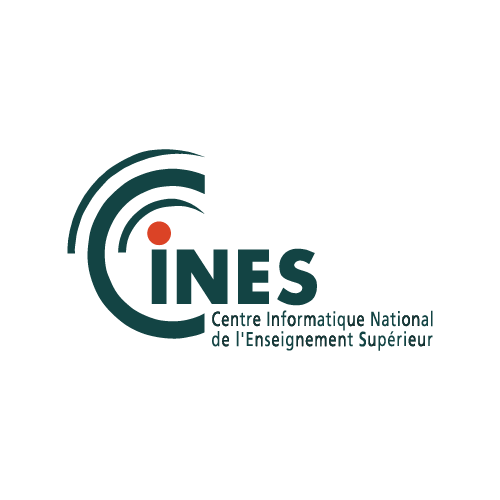
CINES
CINES (National Computing Center for Higher Education) is a French public institution, located in Montpellier (south of France) and supervised by the French ministry for Higher Education and Research.
CINES offers remarkable services to the scientific community through two national strategic missions:
- High performance computing
- Long term digital preservation
- National hosting computer platforms
Visit CINES's website at www.cines.fr/en.

Anonymous
This member has declined to publicly advertise their membership.

Anonymous
This member has declined to publicly advertise their membership.
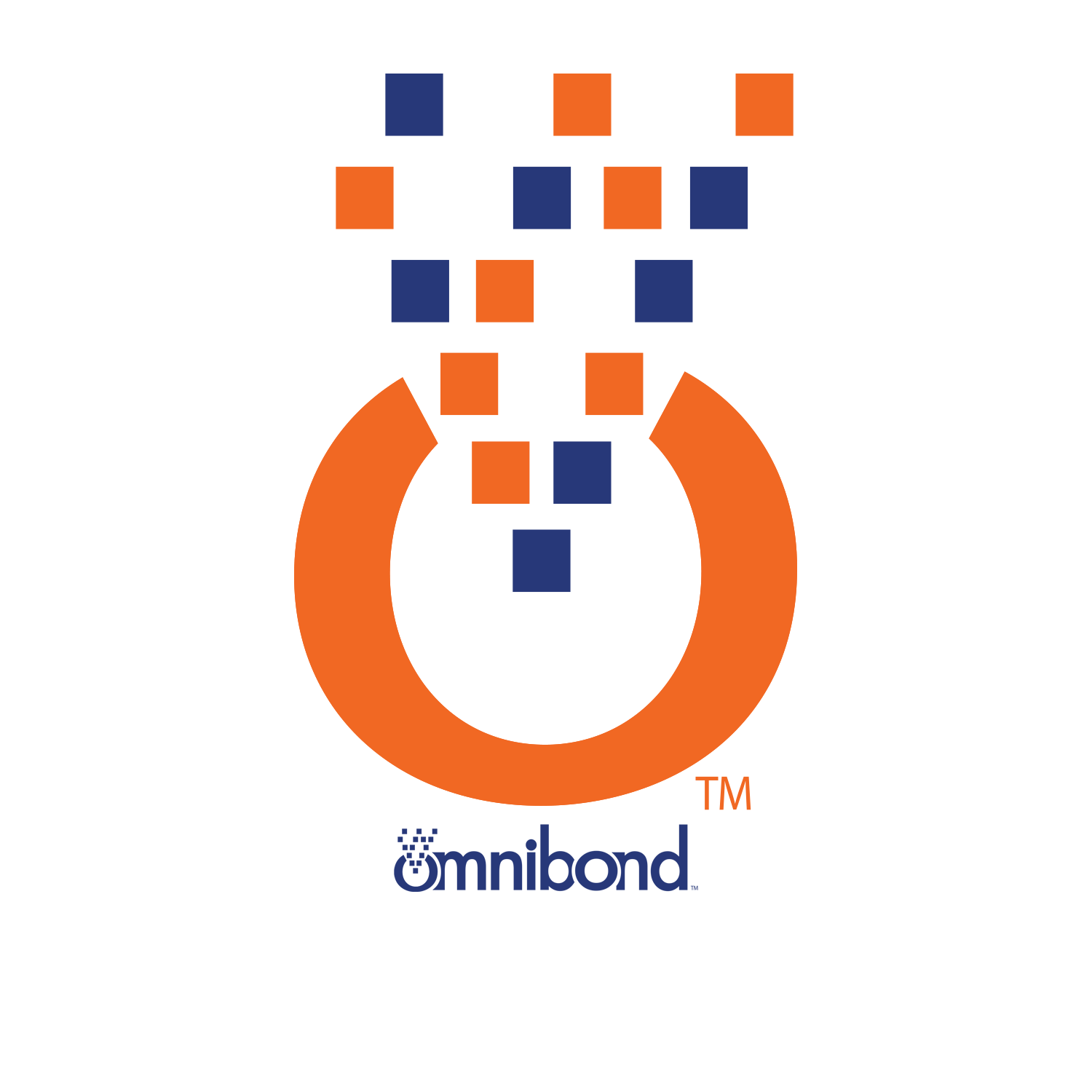
Omnibond
Omnibond is a software technology company, experienced in merging synergies from the research and open source communities. Currently, Omnibond focuses on software development, integration, and support for:
- Cloud HPC and data analytics with CloudyCluster, a self-service turn-key HPC platform
- Research Data solutions with OrangeFS, an open-source scale-out file system, and iRODS for cross-system data management with our partner the iRODS Consortium
- Identity and Access Management solutions with Omnibond developed NetIQ products
- Computer Vision and AI solutions for the transportation industry with TrafficVision
For more information please visit omnibond.com.
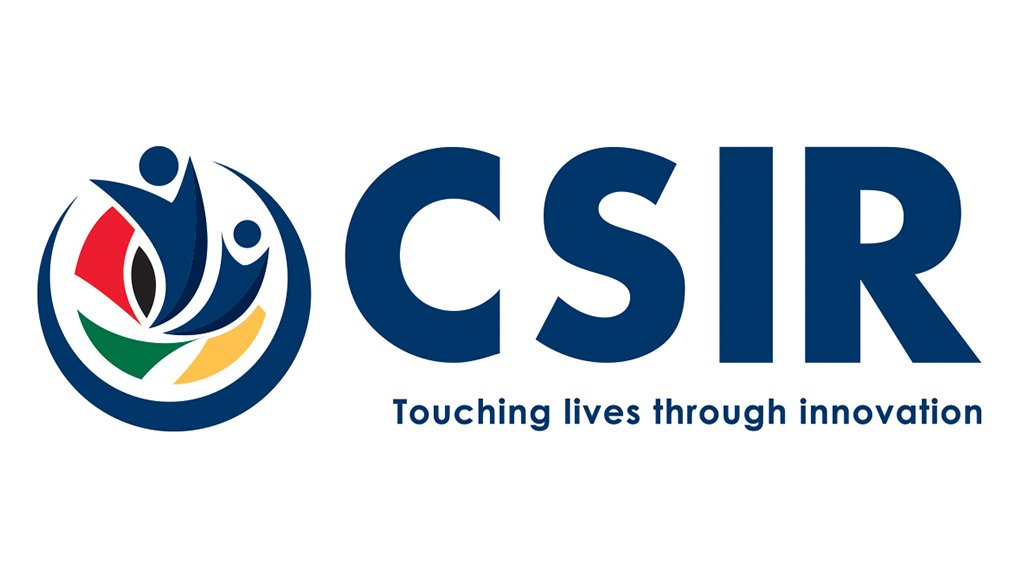
The Council for Scientific and Industrial Research (CSIR)
The Council for Scientific and Industrial Research, commonly known as the CSIR, is a world-class African research and development organisation which undertakes directed, multidisciplinary research and technological innovation that contributes to the improved quality of life of South Africans.
Learn more at www.csir.co.za.
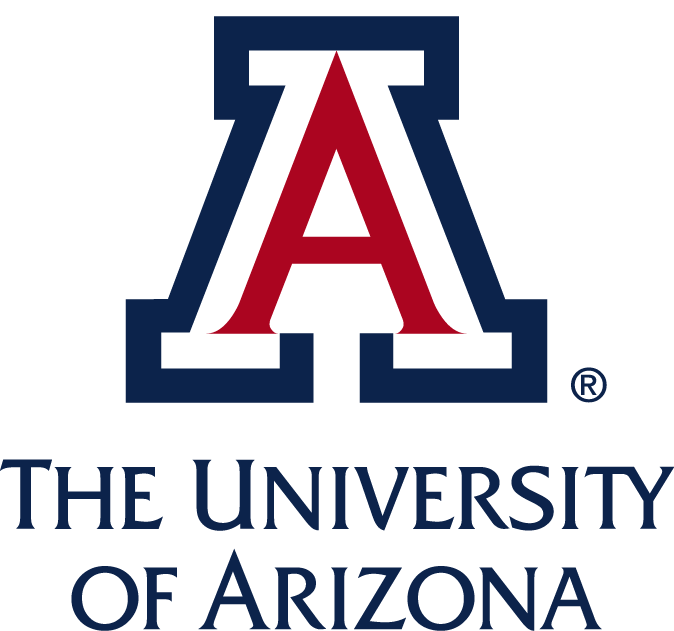

IT4Innovations National Supercomputing Center
IT4Innovations is the leading research, development, and innovation center active in the fields of High-Performance Computing (HPC), Data Analysis (HPDA), Quantum Computing (QC), and Artificial Intelligence (AI) and their application to other scientific fields, industry, and society. Since 2013, IT4Innovations has been operating the most powerful supercomputing systems in the Czech Republic, which are provided to Czech and foreign research teams from academia and industry.
For more information please visit it4i.cz/en
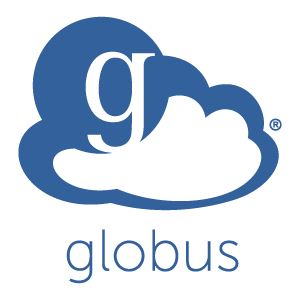
Globus
lobus is research cyberinfrastructure, developed and operated as a not-for-profit service by the University of Chicago.
With Globus, you can easily, reliably and securely move, share, & discover data no matter where it lives – from a supercomputer, lab cluster, tape archive, public cloud or laptop. Access and manage all your data, even protected data, from anywhere, using your existing identities, with just a web browser.
For more information please visit globus.org

GRAU DATA
The specialist for data archiving, data protection & metadata-driven data search.
Our core task is to optimize and secure our customers' data business and make it analyzable – regardless of their industry or size. In addition to audit-proof archiving and data protection, our range of solutions includes a search engine solution based on previously unexploited metadata.
For more information please visit graudata.com
